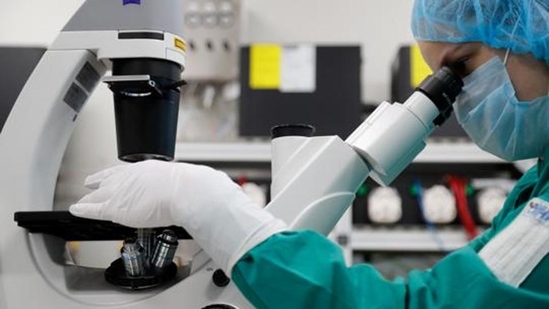A framework for effective risk assessment of AI-biotechnology convergence
This paper is authored by Lakshmy Ramakrishnan, ORF.
Advances in disruptive technologies have enabled scientists to engineer biological systems and create more efficient and sustainable products for a range of purposes. The convergence of artificial intelligence (AI) with biotechnology has contributed to the development of therapeutics and vaccines, helped address food security, aided in generating innovative processes to mitigate the effects of climate change, and expanded the bioeconomy. However, there are concerns that AI-biotechnology tools can be misused to create harm, with catastrophic global consequences. This brief advocates for a nuanced approach to assess the risks associated with the convergence of AI with biotechnology and its potential for misuse and recommends a coordinated strategy.

The convergence of AI with biotechnology has ushered in an era of innovation in drug development, genomics, and diagnostics. AI provides immense scope for interdisciplinarity owing to its ability to “integrate and analyse diverse data sets” from distinct domains. For example, AI has aided in the development of new biomarkers for diagnosing and monitoring the treatment progression of Alzheimer’s disease, the advancement of precision medicine for genetic disorders, and the production of novel biomolecules. Furthermore, AI-biotechnology (AI-bio) tools have the potential to contribute to health security, particularly through their ability to predict public health threats.
However, according to the UN’s Governing AI for Humanity report, the use of AI needs to be governed because “no one currently understands all of AI’s inner workings enough to fully control its outputs or predict its evolution.” Additionally, the report recommends that mechanisms need to be developed to prevent the misuse of AI. Recent media reports on the use of AI to help create pathogens and subsequent policy discussions led to the United Kingdom and the United States acknowledging the potential misuse of AI by malicious actors to create bioweapons. In this backdrop, there is a need to evaluate the real risk of AI-bio capabilities in the Indian context. While AI, in its current form, is unlikely to catalyse the development of biological weapons, policymakers need to be aware of the scope, limitations, and feasibility of this potentiality to ensure effective safeguards against the misuse of these technologies in the future.
This paper can be accessed here.
This paper is authored by Lakshmy Ramakrishnan, ORF.
All Access.
One Subscription.
Get 360° coverage—from daily headlines
to 100 year archives.



HT App & Website







